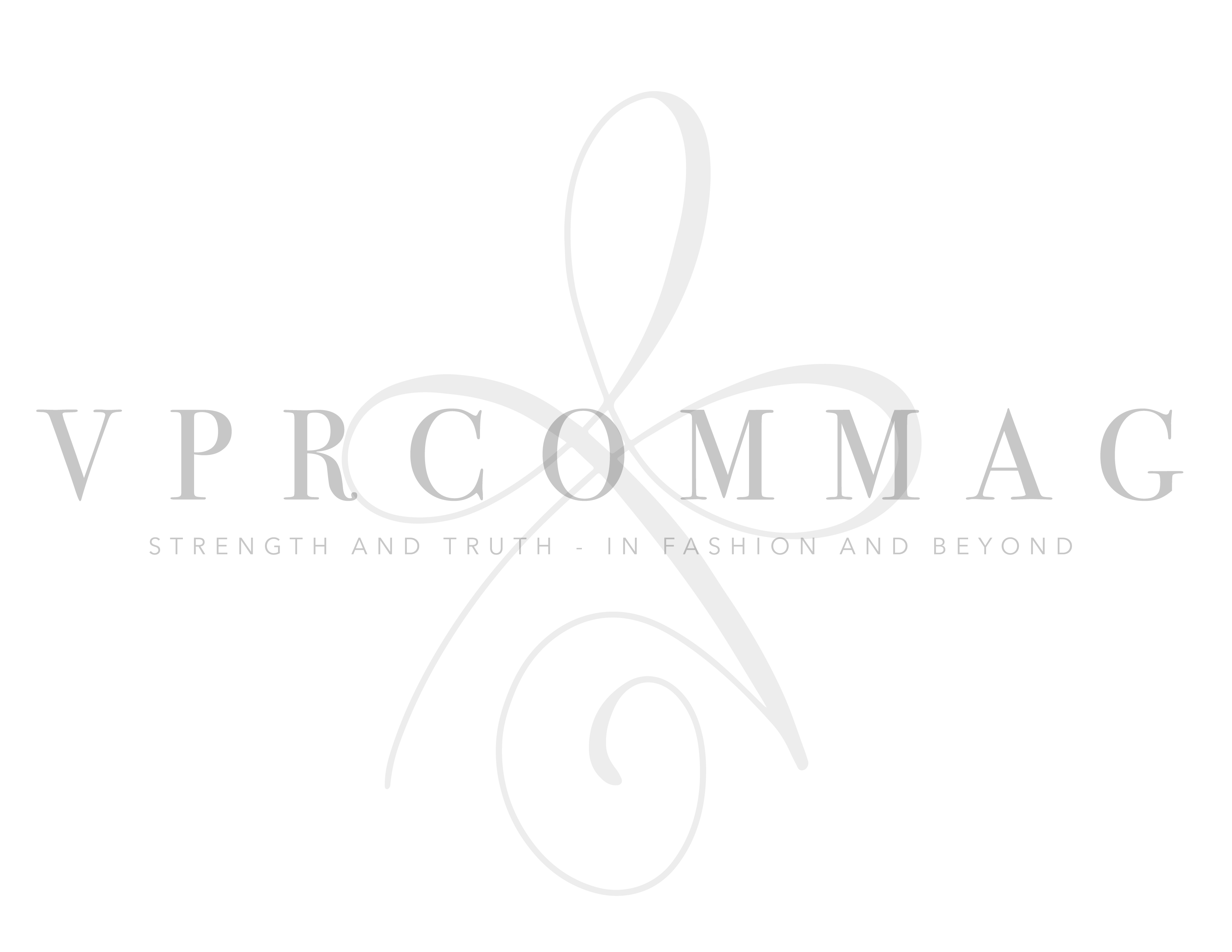The difficulties confronted by human resources professionals are changing at a rate never before seen in business. Organizations need to adopt the most recent industry trends and practices if they want to be competitive in this dynamic climate. We will examine five significant HR tendencies that are influencing the field’s future in this article. These trends provide insightful information for directors looking to improve their staff management procedures and overall office environment.
Embracing Remote Work and Flexible Work Arrangements
The broad acceptance of flexible work schedules and remote work has emerged as one of the most important developments in recent years. This transition was driven by the COVID-19 epidemic, and many organizations have realized its advantages. Offering employees the option to work remotely enables business leaders to access a bigger talent pool, lower operating expenses, and boost employee satisfaction. But to effectively manage remote teams, new strategies and resources are needed, including project management software, online collaboration tools, and reliable communication routes. Building a culture that encourages remote work and fostering strong relationships among virtual teams are priorities for HR professionals.
Prioritizing Employee Well-Being and Mental Health

The welfare of the workforce has appropriately become more prominent as a major goal. Organizations now understand that worker productivity, engagement, and overall performance are all directly impacted by their physical and mental health. As a result, HR divisions are putting in place extensive well-being plans that take care of both physical and mental health requirements. This includes programs like flexible work schedules, access to resources for mental health, stress management techniques, and wellness incentives. Organizations can build a healthy company culture, a supportive work environment, and higher retention rates by making investments in employee well-being.
Outsourcing Personnel Management Procedures
Many companies are looking to outsource human management tasks to streamline their human resources processes. Access to specialized knowledge, a reduction in administrative work, and a streamlining of HR procedures are all benefits of outsourcing. Additionally, organizations are investing in the best contingent workforce management solutions to efficiently manage their flexible and temporary staff. HR professionals may efficiently onboard, engage, and retain contingen
t workers by employing cutting-edge tools and platforms. These technologies facilitate effective hiring, contract administration, and compliance monitoring, which results in cost savings and increased operational agility.
Leveraging Data Analytics for Decision Making

The use of data analytics is transforming the field by facilitating predicted insights and decision-making based on solid facts. In order to better understand their employees, see patterns and trends, and make wise decisions regarding hiring, performance management, and team engagement, HR departments are using data. Human resources managers may predict attrition, enhance hiring procedures, and create individualized employee development programs by using advanced analytics tools and platforms. In addition, by identifying skill shortages and coordinating talent strategies with business objectives, data-driven practices can increase performance and give organizations a competitive edge.
Enhancing Diversity, Equity, and Inclusion (DE&I) Initiatives
The importance of diversity, equity, and inclusion has grown for companies aiming for long-term success. By putting in place comprehensive DE&I initiatives, HR departments are playing a critical role in encouraging diverse and inclusive workplaces. This entails eliminating prejudice from the hiring procedure, developing welcoming rules and procedures, offering diversity training, and forming employee resource groups. Human resources staff need to make sure DE&I initiatives are integrated into the corporate culture and routinely tracked and assessed. Organizations can benefit from many viewpoints, boost creativity, and draw top personnel by embracing diversity.
In conclusion, keeping up with the most recent trends is crucial for professionals to successfully navigate the future as HR continues to change. A resilient, engaged, and inclusive workforce will help organizations succeed in a market that is constantly evolving if human resources departments adopt these trends.


